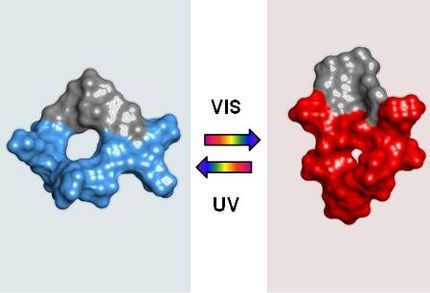Transgene to Collaborate in a Novel Melanoma Treatment Under a Cooperative Research and Development Agreement
Advertisement
Transgene S.A. announced that it has executed a Cooperative Research and Development Agreement (CRADA) Letter of Intent with the National Cancer Institute (NCI) for the development of novel melanoma treatments with Steven A. Rosenberg, M.D., Ph.D., Chief, surgery Branch. Dr. Rosenberg has identified and characterized a number of melanoma tumor-associated antigens, including gp100 and MART-1, and has developed a lymphodepleting non-myeloablative regimen used for adoptive cell therapy (ACT). The goal of this collaboration is to produce viral-based vectors encoding gp100 or MART-1 and to use these vectors to immunize individuals against malignant melanoma. These immunizations may be given in conjunction with ACT involving tumor antigen-specific T lymphocytes.
The collaboration may also involve new uses of ACT. This innovative technique developed by Dr. Rosenberg's laboratory at the NCI consists of an in-vitro conditioning and amplification of a patient's own tumor-antigen specific cytotoxic-directed lymphocytes, then restoring these lymphocytes to the patient following a lymphodepleting non-myeloablative chemotherapy. This regimen results in the in-vivo expansion and enhanced activity of these cytotoxic lymphocytes. To date, of the 35 melanoma patients treated by ACT in a Phase II clinical trial, 18 patients (51%) achieved an objective response, with three patients exhibiting a complete response (Dudley et al. 2005 J Clin Oncol 23:2346-57).
Transgene and the NCI will evaluate new candidate cancer vaccines, with the objective to assess the boosting effect of the vaccination on the lymphocytes' activity. These novel vaccines will be designed by Transgene using viral vectors to express Dr. Rosenberg's melanoma antigens. Such a vaccination has already demonstrated increased in-vivo clonal expansion and maintenance of adoptively transferred tumor-antigen specific cytotoxic lymphocytes in preclinical models. The NCI will conduct pre-clinical evaluation of the vaccines and plans to sponsor a Phase I/II trial, planned for 2007.






















































